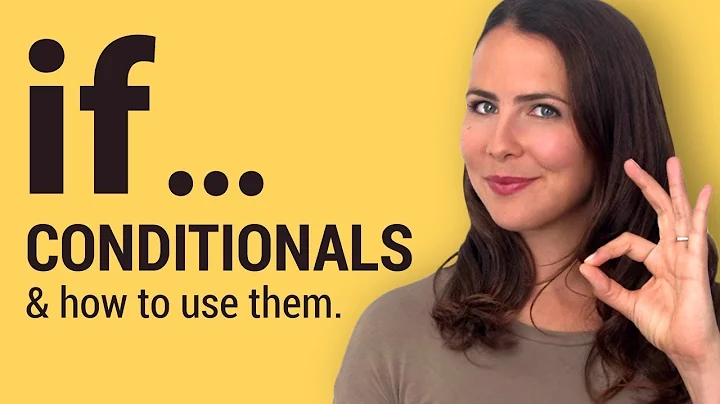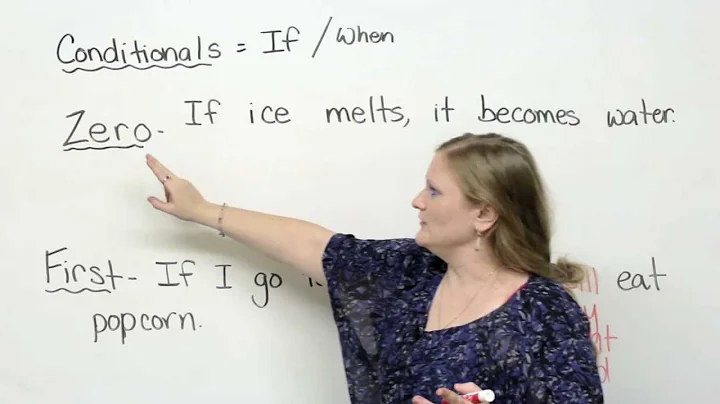type 1 conditional clause
a model is: if...'+ present tense... + will.
If it rains, the reception will take place indoors.
If we don't hurry, we'll miss the train.
The milk will go off if you leave it by the radiator.
expresses an open-ended condition, and is open-minded about whether it will rain or not. We generally do not use will to express open-ended conditions if it will rain. This expression is wrong. a model is: if...'+ present tense... + will. If it rains, the reception will take place indoors. If we don't hurry, we'll miss the train. The milk will go off if you leave it by the radiator. expresses an open-ended condition, and is open-minded about whether it will rain or not. We generally do not use will to express open-ended conditions if it will rain. This expression is wrong. Note a We can use will to express "result" in the if clause that is more future than the future in the main clause If it does/ will do me more good, I'll take a different medicine. b We can use shall instead will is placed after I/we If we don't hurry, we will/shall miss the train. b In addition to simple present tense , we can use "present continuous tense" or "present perfect tense" If we're having ten people to dinner, we'll need more chairs. If I've finished my work by ten, I'll probably watch a film on TV. In addition to will, we can also use " modal verb" or similar expressions Put it in the main sentence If we miss the train, we can get the next one. If Simon is hoping to borrow the car, he's going to be disappointed. If you phone at six, they might be having tea. can also be used Use the "imperative mood" to express the future. If you're going out, take your key. If you drink, don't drive. c The present tense (including the present continuous tense) can express "now" in the if conditional sentence: If you like tennis, you'll be watching Wimbledon next week, I suppose. If it's raining already, I'm definitely not going out. d We can also use will to express "will"/"request" in the if clause ", won't means "rejection": If everyone will help, we'll soon get the job done.—willing If the car won't start, I'll have to ring the garage.—rejection If you' ll just take a seat, Mr Parsons will be with you in a moment.—Request a The model is: if...+ past tense... + would. If I had lots of money, I would/or should travel round the world. If Phil lived nearer his mother, he would visit her more often. I'd tell you the answer if I knew what it was. Here the past tense form is the "subjunctive condition" If I had lots of money means I am not really rich, I just imagine myself having money; we do not use would to express virtual conditions if I would have lots of money This expression is wrong b We generally don't mix "open conditions" and "dummy conditions" If I had lots of money, I will travel round the world. This expression is wrong c We can use types 2 tables for theoretical future possibilities. If you lost the book, you would have to pay for a new one. If we caught the early train, we'd be in Manchester by lunch time. The past tense here expresses an imagined future action (losing the book). try to compare the subtle differences in the possibilities of future actions of type 1 and type 2 : type 1: If we stay in a hotel, it will be expensive. - The possibilities are open (we may be in a hotel, It may not be in a hotel, the possibility is high) type 2: If we stayed in a hotel, it would be expensive. - Theoretical possibility, not very realistic, the possibility of staying in a hotel is low Note type 2 Expression requirements More polite and tactful Would it be OK if 1 brought a friend? ~ Yes, of course. Shall we go along the by-pass? ~ Well, if we went through the town centre, it would probably be quicker. d In addition to the past tense, you can also use the continuous tense or could. If the sun was shining, everything would be perfect. If I could help you, I would, but I'm afraid I can't. In addition to would, we can also Use the modal verb could or might in the main clause . If I had a light, I could see what I'm doing. If we could roll the car down the hill, we might be able to start it. e can also be used would is placed in the if clause to express "request": If you wouldn't mind holding the line, I'll try to put you through. Sometimes the main clause can be omitted.: If you'd just sign here, please. we You can also use would like: If you'd like to see the exhibition, it would be nice to go together. 5Open conditional and past tense a The open conditional in the past tense naturally means the past. Perhaps Mike took a taxi. ~ Well, if he took a taxi, he ought to be here by now. I used to live near the library. If I wanted a book, I went and got one/I would go and get one. b Use type 2 as the past of type 1 . type 1: Don't go. If you accept the invitation, you will regret it. type 2: I told you that if you accepted the invitation you would regret it. And now you are regretting it, aren't you? c You can also combine "past conditional" and "future result": If they posted the parcel yesterday, it won't get here before Friday. a The model is: if... + past perfect... + would + completed. If you had taken a taxi, you would have got here in time. If I'd phoned to renew the books, I wouldn't have had to pay a fine. The man would have died if the ambulance hadn't arrived so quickly. We'd have gone to the talk if we'd known about it. (= We would have gone if we had known.) The past perfect here means "fictitious" and imaginary past actions. If you had taken a taxi It means that you did not really take a taxi. You cannot use "past simple" or "perfect tense" in the main clause.If you had taken a taxi, you got/had got here in time is wrong. Note: Would have (or had have) cannot be used in if clauses, except in some "informal" situations= If you'd have taken a taxi , you'd have got here on time. But many professional native speakers think this expression is wrong . b We can use could + perfect in the if clause. If I could have warned you in time, I would have done . can also be used with the modal verb could or might+. The perfect tense is in the main clause. If I'd written the address down, I could have saved myself some trouble. The plan might not have worked if we hadn't had one great piece of luck. Note here you can use " ongoing" . If he hadn't been evicted by his landlord, he wouldn't have been sleeping in the streets. c We can mix type 2 and 3 If Tom was a bit more ambitious, he would have found himself a better job years ago. If you hadn't woken me up in the middle of the night, I wouldn't feel so tired now. note We can also use a Type 1 condition with a Type 3 main clause. If you know London so well, you shouldn't have got lost. type 1 conditional clause

Conditional clause of type 2:
6 Type 3 conditional clause





















